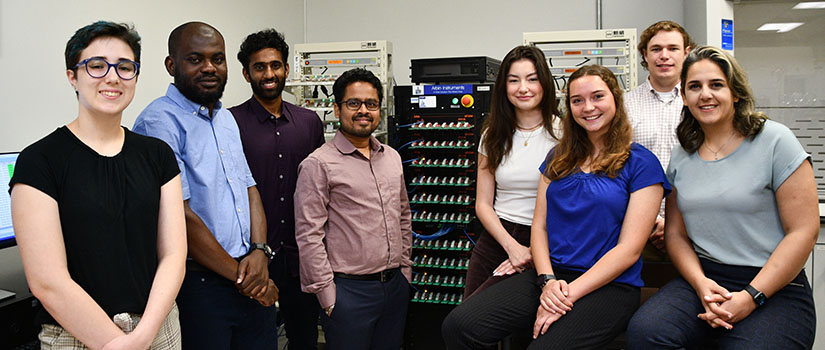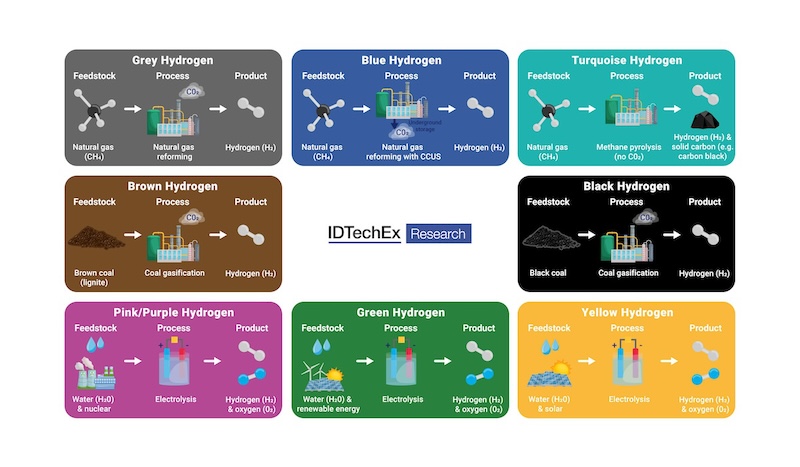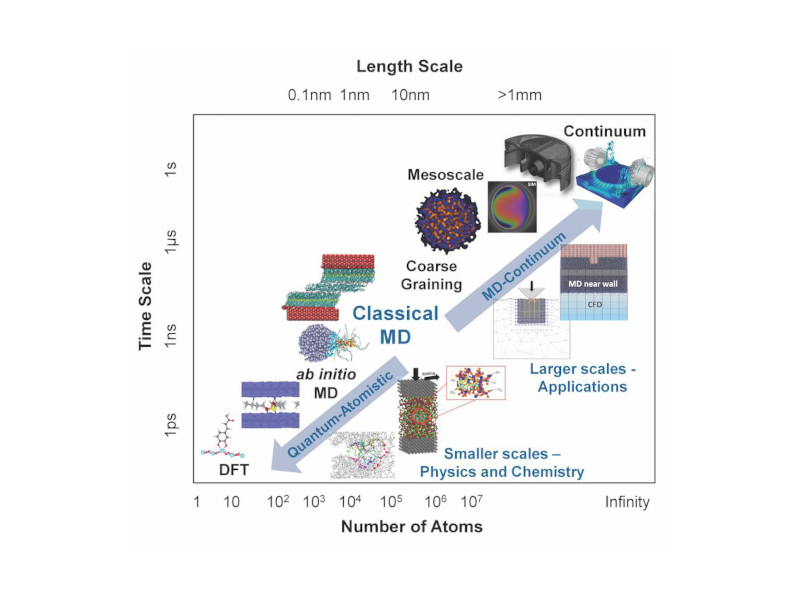Plano, TX-based Invensys Process Systems released a new version of SimSci-Esscor’s HEXTRAN 9.2 heat transfer and pinch analysis software. Upgrades and enhancements include the ability to run on Microsoft Vista Enterprise & Business operating systems.
Plano, TX-based Invensys Process Systems released a new version of SimSci-Esscor’s HEXTRAN 9.2 heat transfer and pinch analysis software. Upgrades and enhancements include the ability to run on Microsoft Vista Enterprise & Business operating systems. Hextran software is designed to enable users to run greener, more efficient operations by simulating complex design, operation and retrofit situations. It also assists in designing new systems for maximum efficiency, including identifying problems before they occur. IPS has also created an updated install procedure and support for Microsoft Office 2007.
“Our HEXTRAN 9.2 simulation software is easier to use, more accurate, and more stable, and its features will enable our clients to easily evaluate complex design, operational and retrofit situations,” said Joseph McMullen, PES & UOS product manager for IPS. “Regardless of the industry, the latest version of our HEXTRAN solution will help our clients become greener by improving heat transfer and energy efficiency while also improving product yield and quality.”
The IPS HEXTRAN heat-transfer simulator is the core heat transfer technology for the IPS common modeling environment. It enables users to evaluate complex design, operation and retrofit situations. It also assists in designing new systems for maximum efficiency, including identifying problems before they occur.



